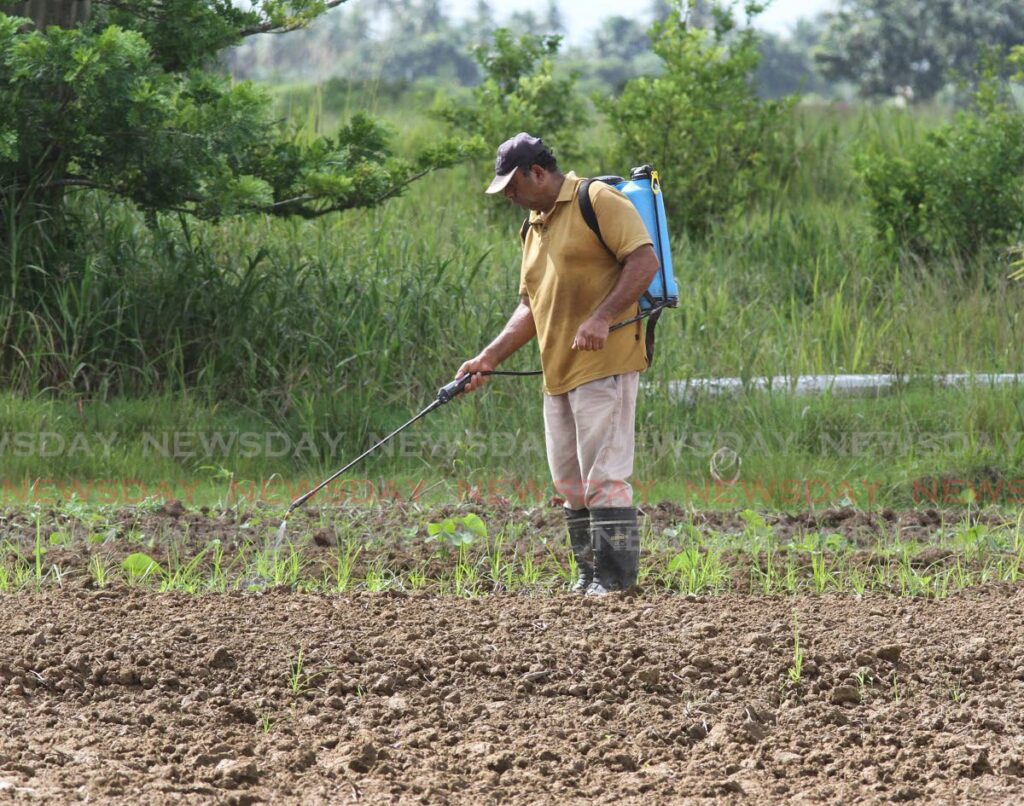
Producers of alternatives to wheat flour now have access to more funding from the Government.
On Monday, during the national budget presentation for the financial year 2022–2023, the Finance Minister said soaring commodity prices on the global market are affecting increases in wholesale and retail flour prices in the domestic market.
Imbert said wheat supply had been derailed by the Russia-Ukraine war, in which countries combined generate 27 per cent of global wheat exports.
This country, he said, has already experienced increases in prices of flour and associated products because of that war.
“To this end, we are taking advantage of this opportunity by focusing on root crop flour as a cheaper alternative to wheat flour. This product is already available in existing farmers' markets. We will therefore expand the enterprise base to produce alternatives to wheat flour,” Imbert said. “We will do so by extending the financial coverage of the grant fund facility for this from 50 per cent to 75 per cent. And we will increase the maximum funding amount from $250,000-$340,000 for all producers of alternatives to wheat flour.”
He expressed his “sincere gratitude” to farmers for the excellent work they have been doing despite the challenges they face.
“I wish to confirm that we have once again allocated the additional sum of $300 million for agricultural incentives, infrastructure and programmes in this year's budget,” Imbert said.
Imbert said there is a direct correlation between food consumption and food systems.
He said the Government is addressing issues relating to nutrition and non-communicable diseases and “a persistent increase in a worrying trend in obesity among children and adults.
“We are committed to policies, via the ministries responsible for health, education, trade and industry, community development, sports, youth and agriculture, to reverse these alarming trends,” Imbert said.


